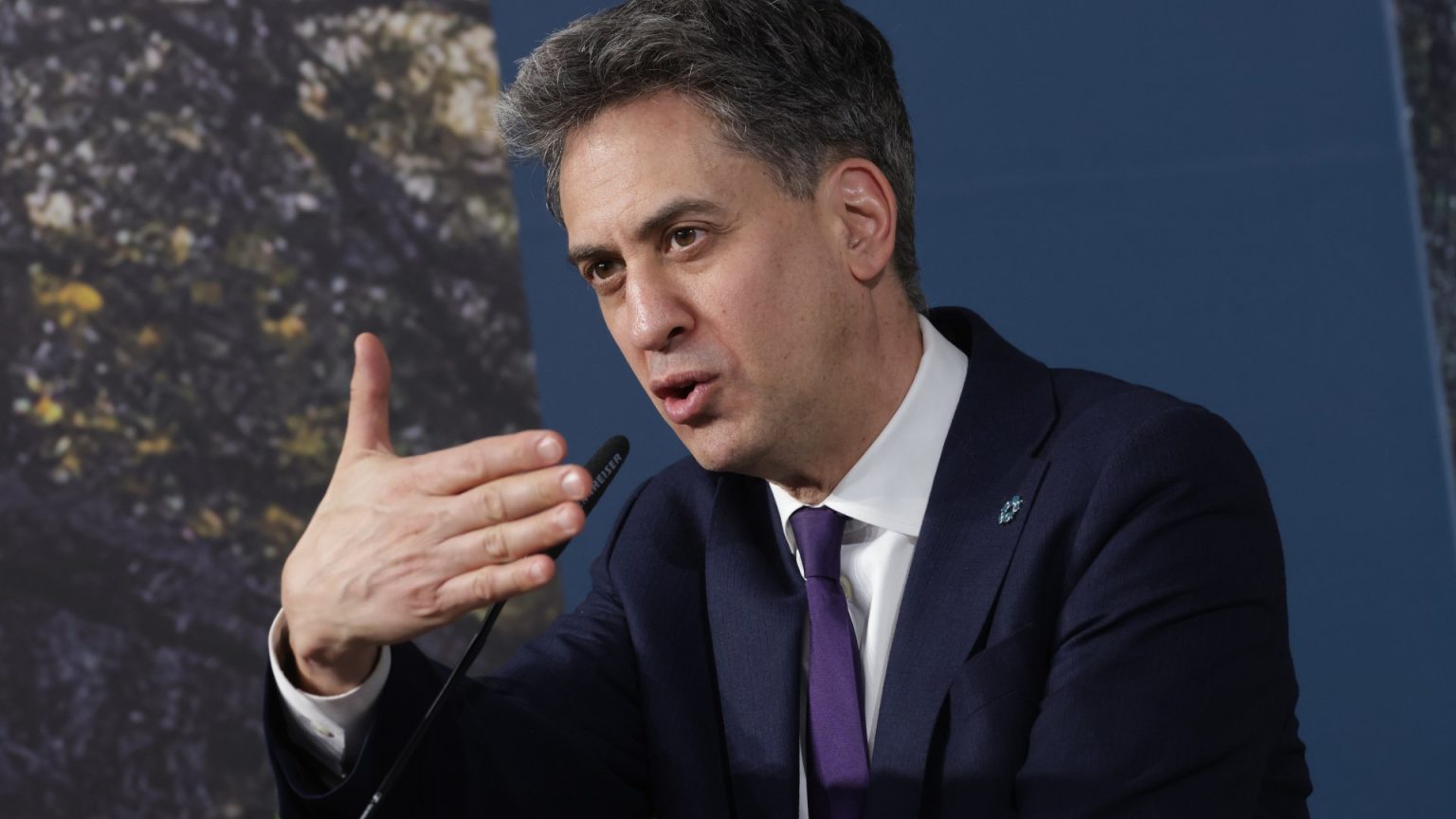The political landscape surrounding airport expansion and climate change in the UK has become increasingly complex, highlighted by the seemingly contradictory stances of prominent Labour figures. Ed Miliband, the Shadow Climate Change Secretary and MP for Doncaster North, has been a vocal critic of expanding Heathrow Airport, citing concerns about its impact on the UK’s net-zero targets. However, simultaneously, he has been actively lobbying for the reopening of Doncaster Sheffield Airport, located within his constituency, touting its potential for economic growth and job creation. This apparent dichotomy has raised questions about the sincerity of his environmental concerns and sparked speculation about political maneuvering within the Labour Party.
Adding another layer of complexity, Rachel Reeves, the Shadow Chancellor, recently announced support for both airport projects in a speech focused on economic growth. This seemingly conflicting endorsement has fueled further speculation, with some suggesting that the support for Doncaster Sheffield Airport was a strategic move to appease Miliband and prevent his resignation over the Heathrow expansion issue. The implication is that Reeves prioritized party unity and internal political stability over a consistent environmental stance. This alleged political quid pro quo raises concerns about the integrity of the decision-making process and whether environmental considerations are being genuinely prioritized.
Miliband’s consistent advocacy for Doncaster Sheffield Airport, while simultaneously denouncing Heathrow’s expansion, has drawn criticism and accusations of hypocrisy. His emphasis on the economic benefits of the regional airport, without addressing the inherent environmental impact of increased air travel, undermines his credibility as a champion for climate action. Critics argue that his focus on local economic interests appears to outweigh his broader commitment to reducing carbon emissions, raising questions about his true motivations.
The controversy surrounding these airport projects highlights the inherent tension between economic development and environmental protection. While regional airports like Doncaster Sheffield can contribute to local job creation and economic growth, they also contribute to carbon emissions and exacerbate the challenges of achieving net-zero targets. Balancing these competing interests requires a nuanced approach that considers both the economic and environmental consequences of airport expansion. The seemingly contradictory positions of Labour leaders underscore the difficulty of navigating this complex issue and the potential for political considerations to overshadow environmental concerns.
Further complicating the narrative is the involvement of Emma Pinchbeck, the CEO of the Climate Change Committee, an independent body advising the UK government on climate change policy. Pinchbeck previously expressed strong opposition to Heathrow’s expansion, citing its negative impact on the UK’s carbon reduction efforts. However, her recent deletion of her entire Twitter/X account, which contained these critical comments, has raised eyebrows and fueled suspicion. While the reasons for her actions remain unclear, some speculate that it might be related to pressure to align with the government’s stance on airport expansion. This incident underscores the potential for political influence to undermine the independence and integrity of expert advice on climate change.
The interwoven narratives of these key figures highlight the challenges of developing coherent and consistent policies on climate change and economic development. The apparent contradictions and political maneuvering surrounding these airport projects raise concerns about the prioritization of political expediency over genuine commitment to environmental sustainability. The controversy serves as a reminder of the complex interplay between local interests, national policy, and global environmental challenges, and the need for transparent and accountable decision-making processes. The debate also underscores the importance of considering the broader implications of airport expansion, beyond immediate economic benefits, and taking a holistic approach that incorporates environmental, social, and economic factors.


